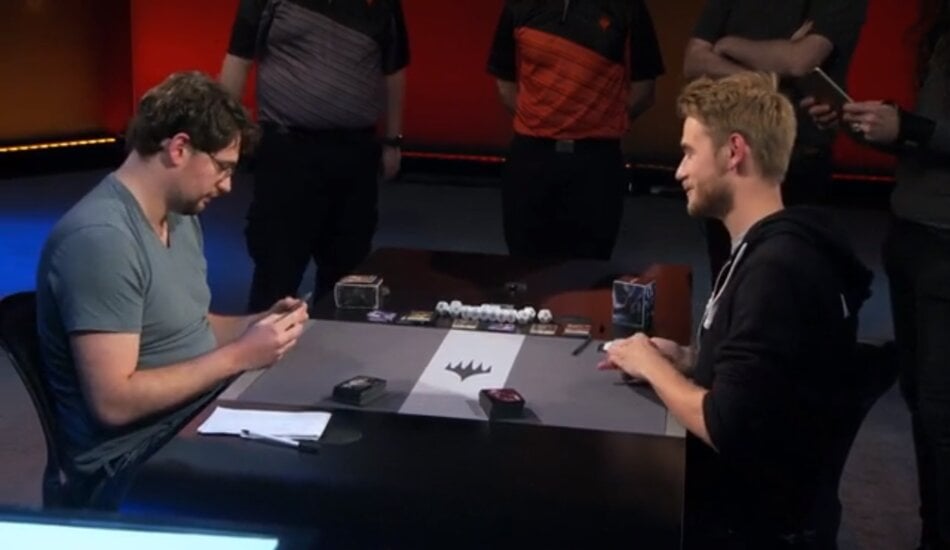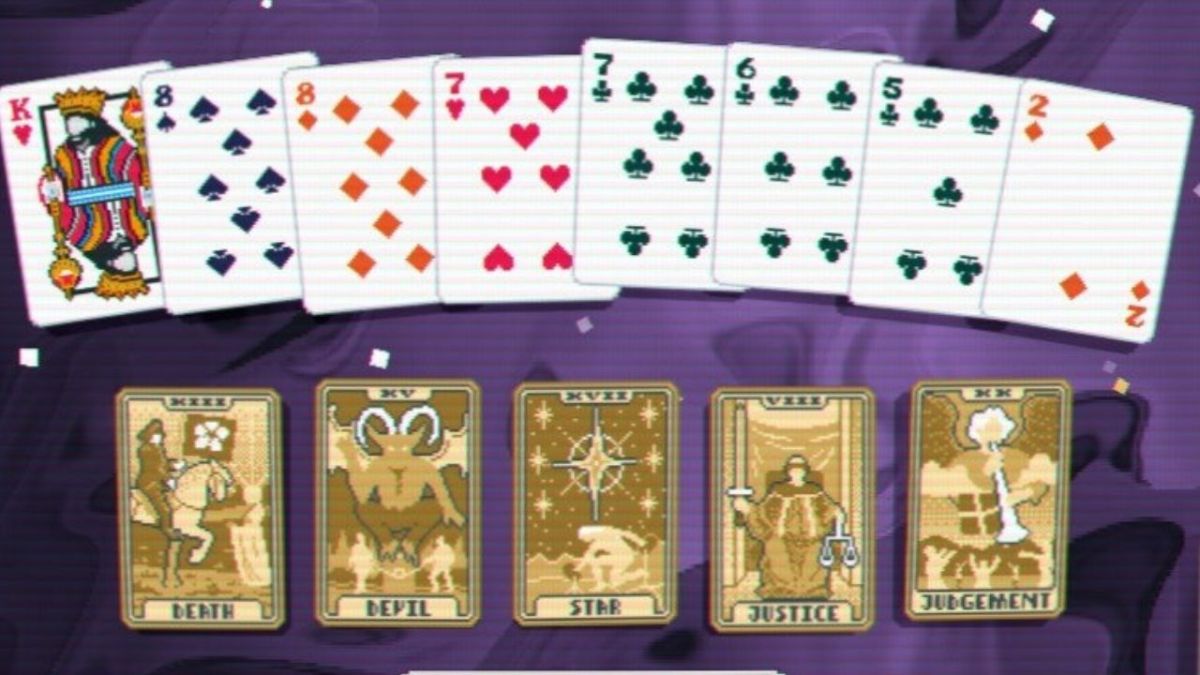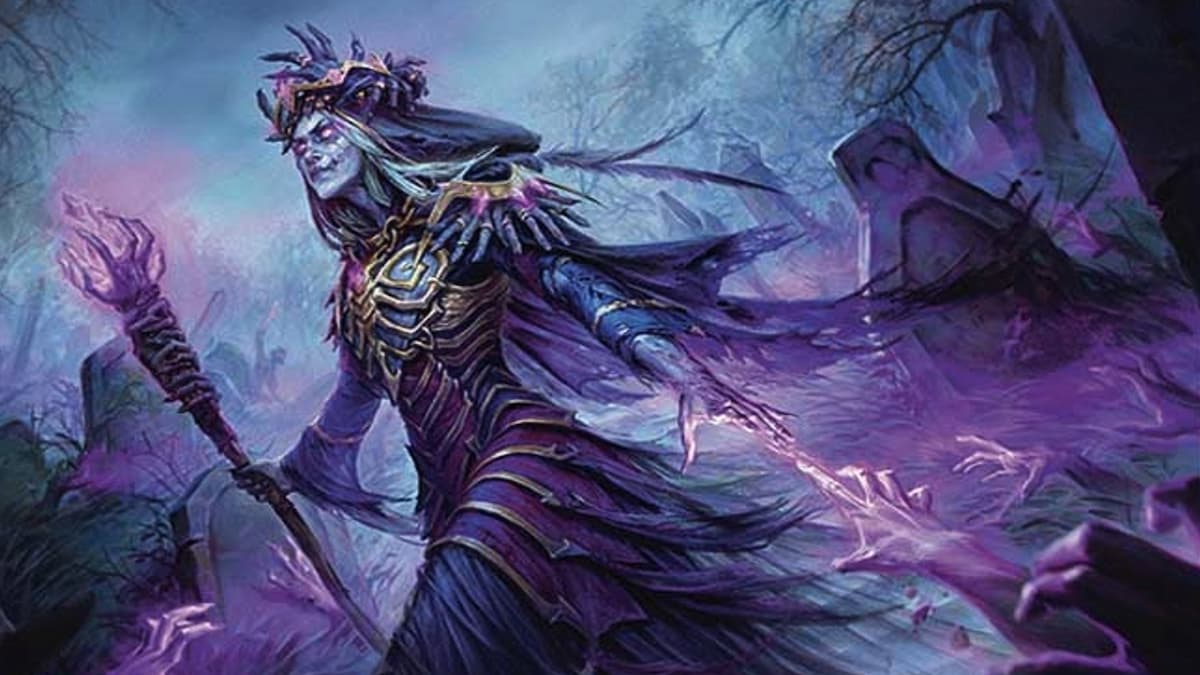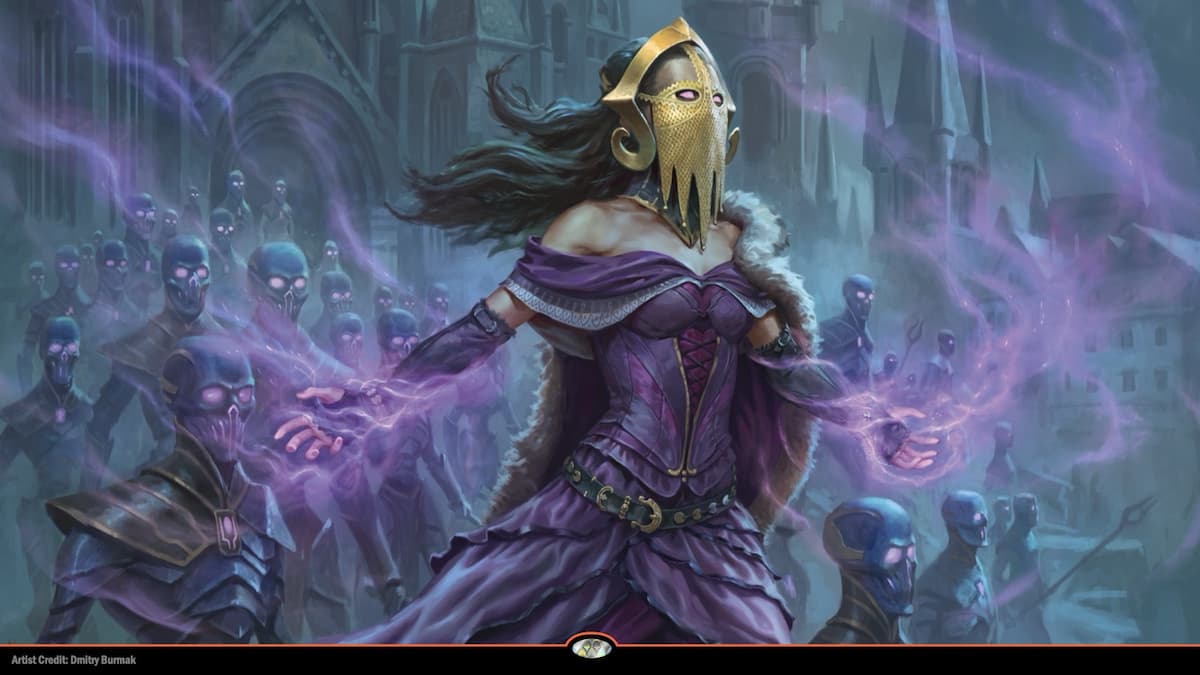It takes years of grinding and countless hours to reach a pinnacle level of competitive play in Magic: The Gathering. For most pros, earning a seat in the highly-coveted Magic Pro League is their ultimate goal. Mythic Points received via invites to Arena Mythic Championships, however, are skewing the ranking system in which pros can earn a seat in the MPL.
A metric ranking system of Mythic and Players Points binds Arena and tabletop together, determining guaranteed seats in the Magic Pro League and Rivals League. Mythic Points are earned throughout a season from the MPL division split, Mythic Championships, Arena Mythic Championships, and Mythic Qualifiers. The top two Mythic and Players Point non-MPL Challengers at the end of a season are guaranteed a seat in the Magic Pro League for the next year.
Raphaël Lévy and Ondřej Stráský are ranked first and second in Challenger Mythic Points so far in the 2019 season. And both players earned Mythic Points from an invite to Arena Mythic Championship III.
“Invitees should not receive the Mythic Points because I think it screws up the races too much,” Stráský told Dot Esports. “It hurts the competitive integrity of the game. I have a lot of friends that play and it sucks for them that they would miss on their goals because they’re not famous or stream on twitch.”
Organized competitive play has evolved beyond what most pros could have dreamed of a decade ago. Wizards of the Coast expanded upon Magic Online and traditional tabletop pro-level play with the open beta launch of MTG Arena a little over a year ago. Using Arena and tabletop as platforms for Mythic Championships, the trading card company created a new esports path with the pinnacle of pro-level achievement being the Magic Pro League (MPL) and Rivals League.
The use of discretionary invites at Arena Mythic Championships has become a point of contention because invited players can earn Mythic Points. Wizards of the Coast included 16 discretionary invites at every MTG Arena Mythic Championship, now called Mythic Invitationals, in its esports path. The 2019 invitees included MTG hall of famers, pros, and famous streamers.
“Discretionary slots will be used to invite a broader representation of the Magic competitive community to high-level play,” WotC said. “These sixteen slots are in addition to the existing MPL, prior performance, and direct qualification slots.
But the Mythic Points received from discretionary invites have messed with the Challenger standings at the end of the 2019 season. Sebastion Pozzo is ranked third, just behind Lévy and Stráský. If Mythic Points weren’t awarded to players with discretionary invites, Pozzo would be ranked first among the Challengers.
“Sebastián Pozzo, a player from Argentina, where it’s really hard to go pro, is possibly not going to make the MPL because of Mythic Points being awarded for those given discretionary invites,” Stráský said.
Pozzo qualified for Mythic Invitational V via the Magic Arena Qualifiers and earned more Mythic Points than Lévy and Stráský in the 2019 season from tabletop Mythic Championships. But because WotC awards players with discretionary invites Mythic Points, Pozzo will likely have to settle for a seat in the Rivals League instead of the MPL.
Tabletop tournaments are more difficult to succeed in than Arena ones due to the variances in format. A Standard tabletop tournament, such as Mythic Championship VI, required competitors to play six rounds of Limited Draft in conjunction with five rounds of Standard Constructed on days one and two. A Mythic Invitational doesn’t have rounds of Limited Draft because the system uses bots to draft cards instead of players. Only Standard Constructed rounds are played at a Mythic Invitational.
Mythic Championship tabletop tournaments are also more difficult to succeed in because they typically have hundreds of players competing in them. A Mythic Invitational only has a total of 68 players competing. Each player automatically receives 11 Mythic Points for just showing up, whereas only the top 68 competitors in tabletop earn these highly-valued points.
“Even though I got 11 points for free and I’m very likely to make the MPL, I still would be against [invitees receiving Mythic Points] in the future,” Stráský said.
A majority of Magic pros, including Stráský, believe that discretionary invites aren’t the problem. It’s invitees receiving Mythic Points. Stráský is in favor of discretional invites and feels the invites are a positive step forward in the competitive world of Magic because they promote diversity and showcase individuals who’ve faced discrimination.
“I understand and encourage WotC’s position on inviting minorities, women, and LGBTQQIA+ to tournaments,” Stráský said. “As a white cis male, I’ve always been given opportunities, and never had to face any difficulties when coming up in the ranks of Magic pro play. But I also believe competitive integrity is important for organized play. Invite anyone you want and shine a spotlight at them. We need more role models, just don’t give out Mythic points. It’s an easy fix in my opinion.”
And a solution already exists. Wizards of the Coast has a system in place for invitees that doesn’t mess with Magic’s point rankings.
WotC included six discretionary invites as part of the newly-formed Rivals League. Players who are in the league receive $20,000 in tournament appearance fees, as long as they show up. Those in the Rivals League also have a shot at getting into the Magic Pro League via the MPL Gauntlet tournament, held at the end of each season.
Stráský believes that the Rivals League is a proper use of discretionary invites, promoting diversity without messing up the competitive integrity of the game. And if an invitee of the Rivals League was to place in the top four of a Gauntlet tournament, obtaining a seat in the MPL, it would be earned and not freely given.
“Giving out Mythic Points is costly,” Stráský said. “WotC announced it’s going to use discretionary invites in the Rivals League. And I think Wizards should use those invites for those underrepresented in Magic: The Gathering.”
Discretionary invites to the Rivals League don’t mess with the Mythic or Players point structure. The system provides individuals who have faced, and still face, discrimination a platform to succeed in Magic.
It’s a viable solution and one that WotC should take seriously before the 2020 season begins. It’s too late for the 2019 season. But players are hoping WotC will continue to evolve Magic esports, improving upon the integrity of the game while maintaining a positive platform through discretionary invites.







Published: Dec 2, 2019 05:53 pm